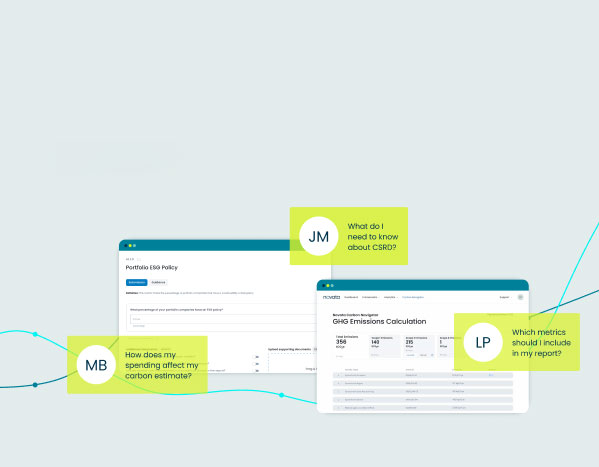Despite the rise in corporate commitments to diversity, equity, and inclusion (DEI), change doesn’t happen overnight, and gaps still exist in practice. For instance, a new Catalyst survey of 2,734 women from marginalized racial and ethnic groups in five countries found that 51% of women experience racism in their current workplace.
Additionally, 80% of respondents in Hue’s 2023 State of Inequity report noted that their workplaces had not made meaningful progress on building a more equitable environment for employees of color. The same study found that 91% of HR professionals considered the diversity-related initiatives their companies have implemented to be effective — signaling a disconnect between HR and BIPOC employees.
For companies working to build truly inclusive workplaces, tracking and measuring data is key to understanding where the company stands, setting relevant goals, and ensuring progress. In private markets, limited partners (LPs) and general partners (GPs) are also prioritizing DEI in their organizations and portfolios and looking to data to understand performance and progress.
While a company’s strategy for approaching DEI initiatives should be unique to its needs, below are three areas for investors to encourage portfolio companies to focus on to understand their needs and identify opportunities to improve performance.
1. Representation across the organization, including leadership
Demographic data is crucial to understanding representation breakdown at all levels, including leadership. Collecting quantitative demographic data can provide insights into what groups may be underrepresented in the organization and the gaps that exist as a result.
Specific metrics companies can measure include the number of women on the board, LGBTQ+ representation at leadership levels, or gender, ethnic, or racial backgrounds of new hires and existing employees. The data gathered will inform efforts to be more inclusive and equitable, such as rethinking recruitment strategies, reviewing the employee experience, or being more intentional about increasing diversity at the board level.
2. Employee engagement
Employee engagement is essential to creating a thriving workplace and cultivating a sense of belonging among employees. To measure employee satisfaction and understand the employee experience, companies and firms can look to conduct employee surveys, track participation in company employee resource groups, look at retention and turnover rates, and consider the accessibility of their online and in-person experiences. As these metrics are more qualitative, they can shed light on blind spots that exist within the organization. For instance, if a company has a low retention rate of underrepresented employees, this could be a signal of an issue in the employee experience, such as low opportunities for advancement or an exclusionary culture.
3. Pay equity
Despite measures to increase pay transparency, gender and racial pay gaps continue to be an issue for businesses. On average, women make an estimated $0.82 for every dollar made by white men. Among women of color, the gap widens. Black women, for instance, make $0.63 for every dollar made by white men, and Latina workers earn only $0.57. Auditing pay policies and instituting measures to close any existing gaps are important steps in ensuring equity within a company. Specifically, companies can review the unadjusted gender pay gap, racial pay gap, and pay gaps by job category to ensure parity across different levels of the organization.
Ensuring Accountability
Making sustainable progress on diversity, equity, and inclusion efforts requires intentional action from leadership and an understanding of how policies and practices impact employees. Using data to identify priorities is an important step in setting measurable goals and taking action toward achieving those goals. Companies should also establish accountability measures, such as increasing transparency through reporting or tying executive compensation to performance, to ensure leaders follow through on commitments for long-term progress.
Track the DEI Metrics that Matter
Measuring relevant metrics enables companies to reach their DEI goals and be better positioned to report on this data to stakeholders. Companies on the Novata platform can easily track the metrics that are most important to their ESG strategy and stakeholders, with support determining a clear starting point for firms and robust, step-by-step guidance on data collection. Learn more about how to get started tracking the metrics that matter.






